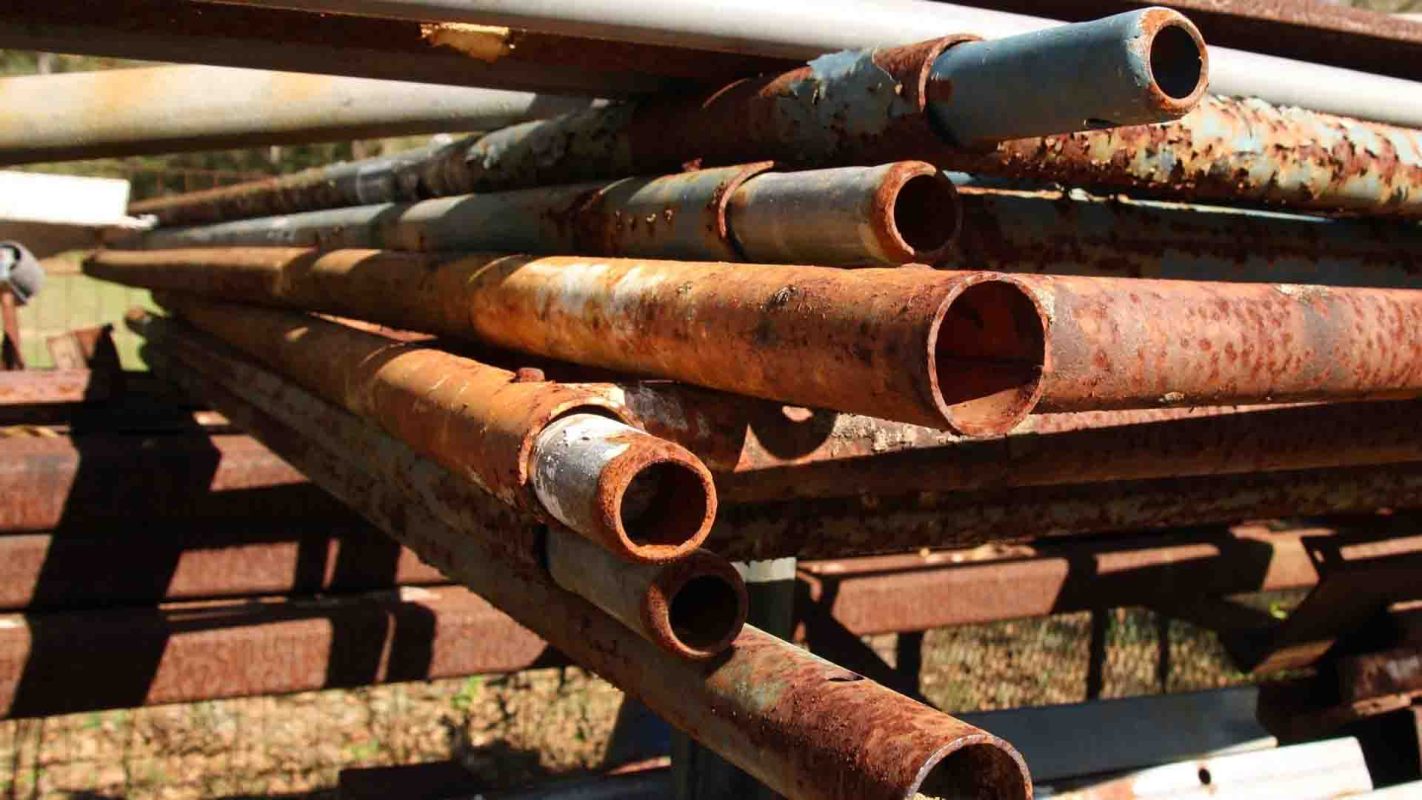Denver, Colorado is getting nearly $700 million to remove its hazardous lead water pipes.
The new project, funded by the Environmental Protection Agency (EPA), will replace old lead water lines following high levels of lead found in Denver's drinking water in 2012.
The city promised residents in 2020 that it would replace as many as 84,000 lead pipes over the next 15 years. Denver Water has already replaced about 20% of pipes.
The EPA is funding the project in what it hopes will set an example for other cities across the country also looking to replace toxic lead piping.
"Denver Water's approach to tackling lead in drinking water has been remarkable and an example for other communities across the country," EPA Regional Administrator KC Becker said in a press release. "Thanks to new funding from the Bipartisan Infrastructure Law the utility's customers can expect an even faster lead service line replacement schedule delivering health protections for children and adults across the Denver area."
The program marks the EPA's first-of-its-kind lead variance approval, which will see these lead pipes replaced at no cost to customers.
The program will also include extensive community outreach and education and provide water pitcher filters certified to remove lead to any customer with lead pipes.
Lead is a neurotoxin that can cause damage at low exposure levels, particularly for children as "growing bodies absorb more lead than adults do and their brains and nervous systems are more sensitive to the damaging effects of lead," according to the EPA.
"Denver Water's first priority is sustaining our communities by protecting the health of our customers," said Jim Lochhead, Denver Water's CEO/Manager. "We thank EPA and our community partners for working with us to ensure we successfully implement this program."
"The water we deliver to our customers is lead-free, but lead from customer-owned service lines can enter the water supply to homes," he continued. "Removing these lines is the most effective way to eliminate this source of lead exposure, and we are committed to this program until every lead service line has been removed."
Want more? Follow The Cool Down on Instagram and join our Weekly Newsletter for cool stories and easy tips that save you money, time, and our planet.








